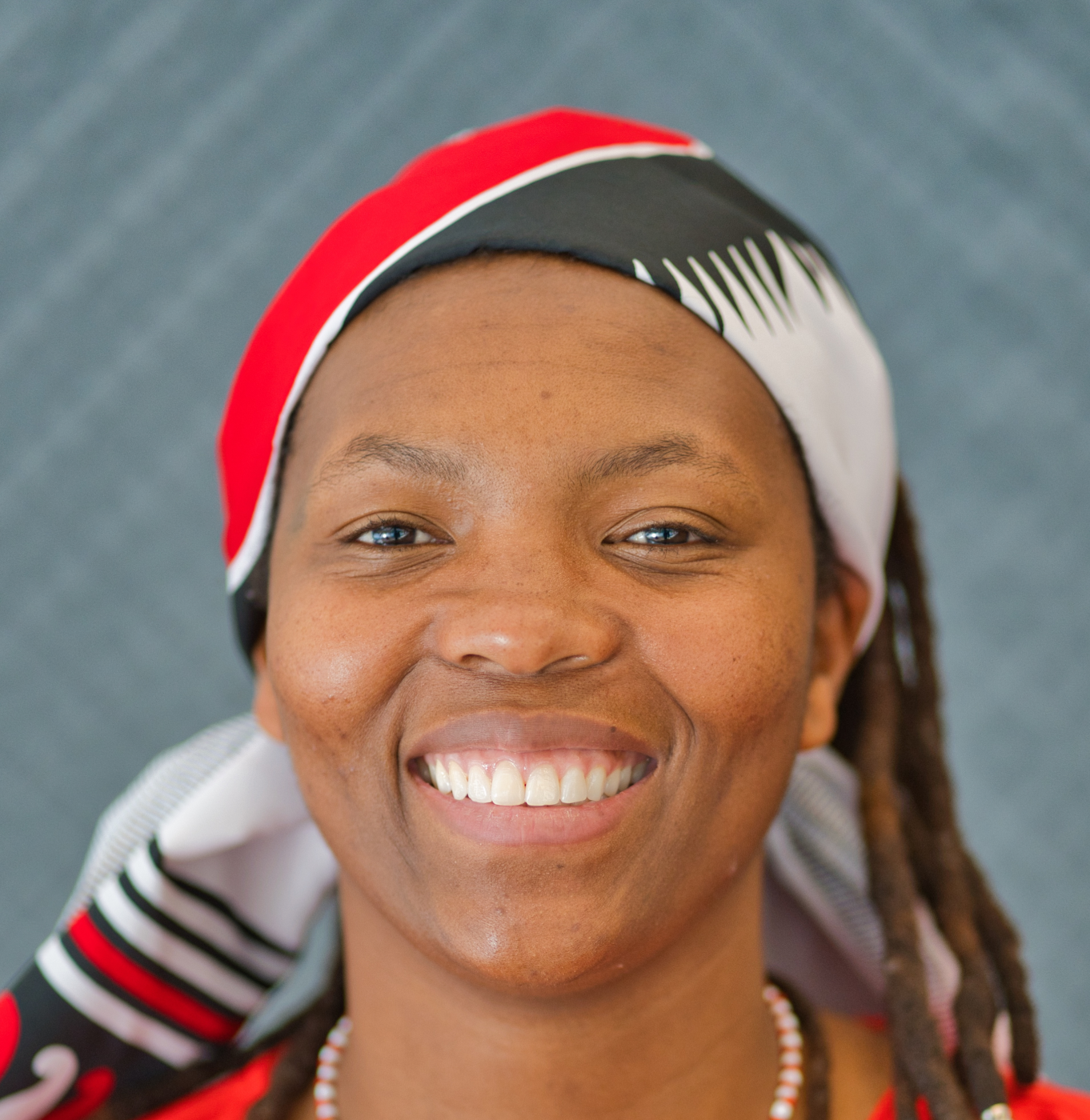Fellowship
Multi-site characterisation of T cell responses to COVID-19 vaccination in people living with HIV
A high rate of HIV and tuberculosis (TB) disease burdens continue to plague Sub-Saharan Africa. HIV, which infects CD4+ T cells of the immune system can result in greater vulnerability to additional infections such as TB or hepatitis virus for example. This could mean that people living with HIV (PLWH) could be more vulnerable to infection with SARS-CoV2 during the COVID-19 pandemic. A recent study, in the Ndhlovu laboratory in which Papadopoulos works, showed that PLWH with severe levels of HIV infection have weaker T cell immunity to SARS-CoV2 than people on successful antiretroviral treatment (ART) or HIV-uninfected individuals. It is therefore possible, that T cell immunity, brought about by COVID-19 vaccination, may also not be as potent in PLWH. The aim of this project is to test T cell responses of PLWH to COVID-19 vaccination living in South Africa, Malawi, and Zambia, comparing responses to HIV uninfected individuals. The study focuses on CD8+ T cell responses as these cells have been shown to assist in protecting against viral infections many years after the first instance of exposure to the respective virus. CD8+ T cells identified in blood samples of study participants will be characterised using various markers of CD8+ cytotoxicity measured by flow cytometry. As CD8+ T cells act by killing virus-infected cells, a novel assay will be developed to measure CD8+ killing of SARS-CoV2-infected cells or cells infected with a SARS-CoV2 spike-bearing pseudovirus. The data collected may help to inform vaccine design towards eliciting long-term T cell immunity against SARS-CoV2 with suitable efficacy in PLWH.

